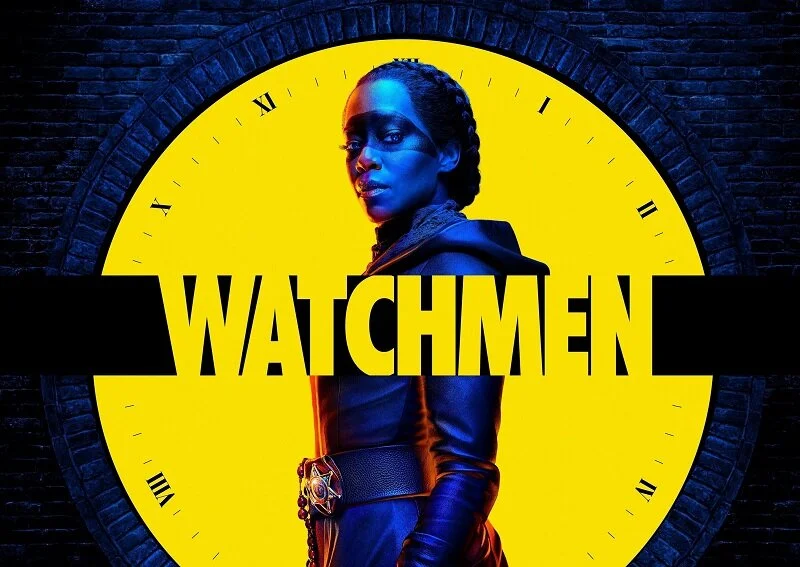Deadwood the Movie. Image courtesy of HBO.
I, like most erudite nerds, am a big fan of HBO’s Deadwood. Along with The Sopranos and The Wire, Deadwood formed HBO’s legendary 2000s lineup of prestige dramas that arguably changed television in a fundamental way and have never really been topped in the medium, especially as a collective phenomenon. Unlike its compatriots, Deadwood was never allowed to reach a natural conclusion - it was cancelled in 2006 after 3 seasons on something of a cliffhanger and fans have been clamoring for closure ever since.
HBO finally gave the fans what they wanted. Deadwood The Movie brings back almost all of the original cast and plunks them down in 1889, the year when South Dakota became a state. It then uses good ol’ evil rich guy bogeyman Senator George Hearst to create a kerfuffle so that Timothy Olyphant can do what he does best - walk around in a suit with his jaw clenched shooting motherfuckers. Al Swearengen, of course, is prominently featured launching into his trademark syntactically dense soliloquies, but this time with extra cirrhosis of the liver! There’s E.B. Farnum and Calamity Jane! There’s even that bit player who was convicted of looking at child porn in real life, he is back even though cutting his scenes would not have mattered to the script at all!
Dozens of our favorite George W. Bush-era characters parade around Deadwood, loosely unified in the quest to get justice for Wayne Unser, the most perfect frontier sad sack who ever lived. But, of course, by condensing this rich world and its mythology into a 2 hour movie none of them have adequate time to breathe or develop or do much of anything except show up on screen so HBO can pay its debt to a hardcore fan base. But, to quote Ian Malcolm, did they perhaps spend so much time trying to figure out if they could do it, that they never stopped to consider whether they should?
The experience of watching this was mostly an empty one for me. It just, you know, it’s hard to go back again and the essential emptiness of this exercise really drives that home. Deadwood was a product of its time. It secured its place in American cultural and television history, and why can’t we just leave well enough alone? David Milch, who has a truly tragic Shakespearean arc if ever there was one, is in the early stages of Alzheimer’s. Did HBO just want to do him the honor of letting him go out on a coda that recognized his contributions to the form? A noble intention, surely. But it doesn’t necessarily make a great movie. Sadly, this for me was merely a kind of melancholy echo of the greater vision that came before, a sad reflection of a better work that struggled, and failed, to justify its existence.
Some people might find that just having these character together again for one last swan song was a fitting end, but I think that is just an empty concession to nostalgia and, for me anyway, it was ultimately disappointing.


